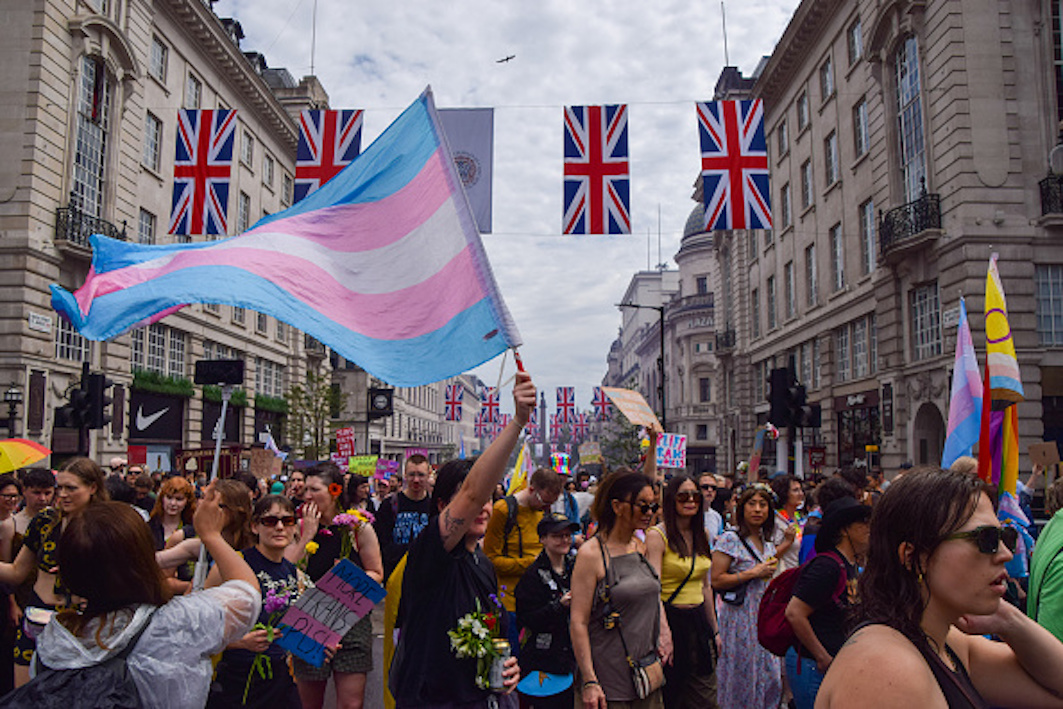
THE LABOUR party would amend an “outdated” law to make it simpler for transgender people to transition, while upholding protections for single-sex areas, says Labour’s chair and shadow equalities secretary Anneliese Dodds.
Dodds insisted the necessity of a medical diagnosis for a trans person to legally change their gender.
It will “uphold the legitimacy of applications and confidence in the system” she wrote in the Guardian.
“Changing gender is not a decision anyone makes lightly.
“The process is intrusive, outdated and humiliating. So, we will modernise, simplify, and reform the gender recognition law to a new process. We will remove invasive bureaucracy and simplify the process.”
She wrote: “The requirement to obtain a medical diagnosis of gender dysphoria remains an important part of accessing a gender recognition certificate. That’s especially the case now that gender dysphoria* is no longer classified – and stigmatised – as a psychiatric disorder.”
The Gender Recognition Act, brought in by Labour in 2004, enabled people to legally change their gender for the first time in the UK by acquiring a Gender Recognition Certificate (GRC).
But before a medical panel will grant a GRC, the applicant must obtain reports from two doctors confirming a diagnosis of gender dysphoria and proof that they have lived in the gender they wish to transition to for two years.
Stonewall, the leading LGBTQ+ charity criticised the Party for insisting the medical diagnosis on transgenders through its statement.
While other countries were moving towards self-identification, often known as self-ID, Stonewall said that the medicalisation of the procedure was “inhumane and undignified” for trans individuals.
“If Labour are serious about reforming the Gender Recognition Act and enhancing trans people’s legal protections, we need a strategy informed by input from trans people on their needs and priorities, and a real understanding of how practice is working internationally. Not just on legal recognition, but healthcare, anti-discrimination, and education,” Stonewall added.
Since Boris Johnson’s administration scrapped Theresa May’s intention to eliminate the medical element of obtaining a GRC in 2020, there has been a heated discussion over self-ID in political circles.
*Gender dysphoria is a term that describes a sense of unease that a person may have because of a mismatch between their biological sex and their gender identity.